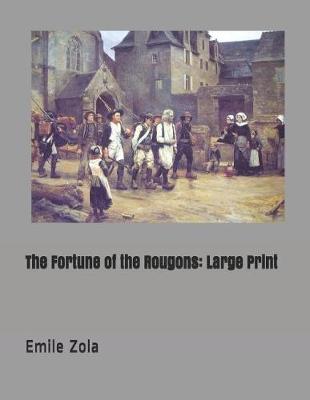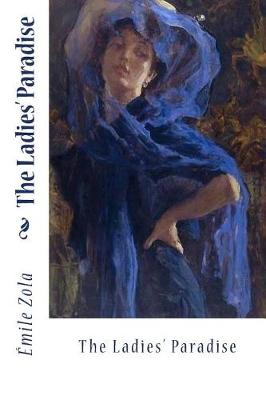Immortal Literature
4 total works
'He thought he could see, in a flash, the future of the Rougon-Macquart family, a pack of wild satiated appetites in the midst of a blaze of gold and blood.'
Set in the fictitious Provencal town of Plassans, The Fortune of the Rougons tells the story of Silvere and Miette, two idealistic young supporters of the republican resistance to Louis-Napoleon Bonaparte's coup d'etat in December 1851. They join the woodcutters and peasants of the Var to seize control of Plassans, opposed by the Bonapartist loyalists led by Silvere's uncle, Pierre Rougon. Meanwhile, the foundations of the Rougon family and its
illegitimate Macquart branch are being laid in the brutal beginnings of the Imperial regime.
The Fortune of the Rougons is the first in Zola's famous Rougon-Macquart series of novels. In it we learn how the two branches of the family came about, and the origins of the hereditary weaknesses passed down the generations. Murder, treachery, and greed are the keynotes, and just as the Empire was established through violence, the 'fortune' of the Rougons is paid for in blood.
ABOUT THE SERIES: For over 100 years Oxford World's Classics has made available the widest range of literature from around the globe. Each affordable volume reflects Oxford's commitment to scholarship, providing the most accurate text plus a wealth of other valuable features, including expert introductions by leading authorities, helpful notes to clarify the text, up-to-date bibliographies for further study, and much more.
Set in the fictitious Provencal town of Plassans, The Fortune of the Rougons tells the story of Silvere and Miette, two idealistic young supporters of the republican resistance to Louis-Napoleon Bonaparte's coup d'etat in December 1851. They join the woodcutters and peasants of the Var to seize control of Plassans, opposed by the Bonapartist loyalists led by Silvere's uncle, Pierre Rougon. Meanwhile, the foundations of the Rougon family and its
illegitimate Macquart branch are being laid in the brutal beginnings of the Imperial regime.
The Fortune of the Rougons is the first in Zola's famous Rougon-Macquart series of novels. In it we learn how the two branches of the family came about, and the origins of the hereditary weaknesses passed down the generations. Murder, treachery, and greed are the keynotes, and just as the Empire was established through violence, the 'fortune' of the Rougons is paid for in blood.
ABOUT THE SERIES: For over 100 years Oxford World's Classics has made available the widest range of literature from around the globe. Each affordable volume reflects Oxford's commitment to scholarship, providing the most accurate text plus a wealth of other valuable features, including expert introductions by leading authorities, helpful notes to clarify the text, up-to-date bibliographies for further study, and much more.
Zola's prophetic celebration of unbridled commerce and consumerism, "The Ladies' Paradise" ("Au bonheur des dames", 1883) recounts the frenzied transformations that made late nineteenth-century Paris the fashion capital of the world. The novel's capitalist hero, Octave Mouret, creates a giant department store that devours the dusty, outmoded boutiques surrounding it. Paralleling the story of commercial triumph is the love story between Mouret and the innocent Denise Baudu, who comes to work in "The Ladies' Paradise". She provides the crucial link between Mouret and the three essential social groups in the novel: the female clientele, the shopgirls, and the petit bourgeois shopkeepers of the neighborhood. But the store itself plays the leading role. Zola celebrates capitalism, commerce, and consumerism with a kind of prophetic optimism, calling this novel 'a poem of modern activity.' The work's interest for readers in feminist, cultural, and social history and theory is made abundantly clear in the introduction by Kristin Ross, and the fiction is reproduced in its colorful, 1886 English translation.
Germinal, Translated by Havelock Ellis for The Lutetian Society
by Emile Zola
Published 31 August 2015



